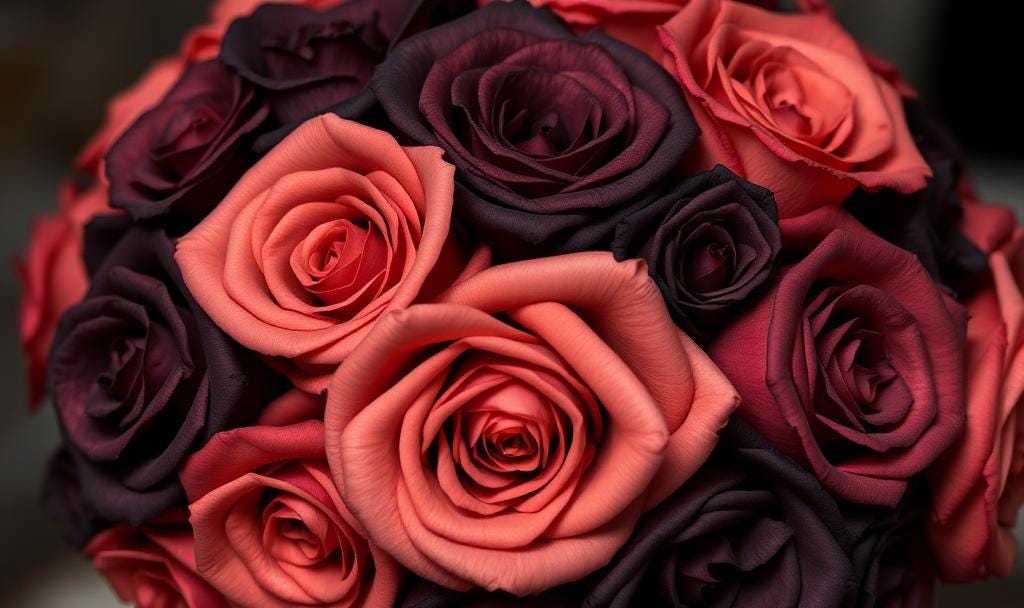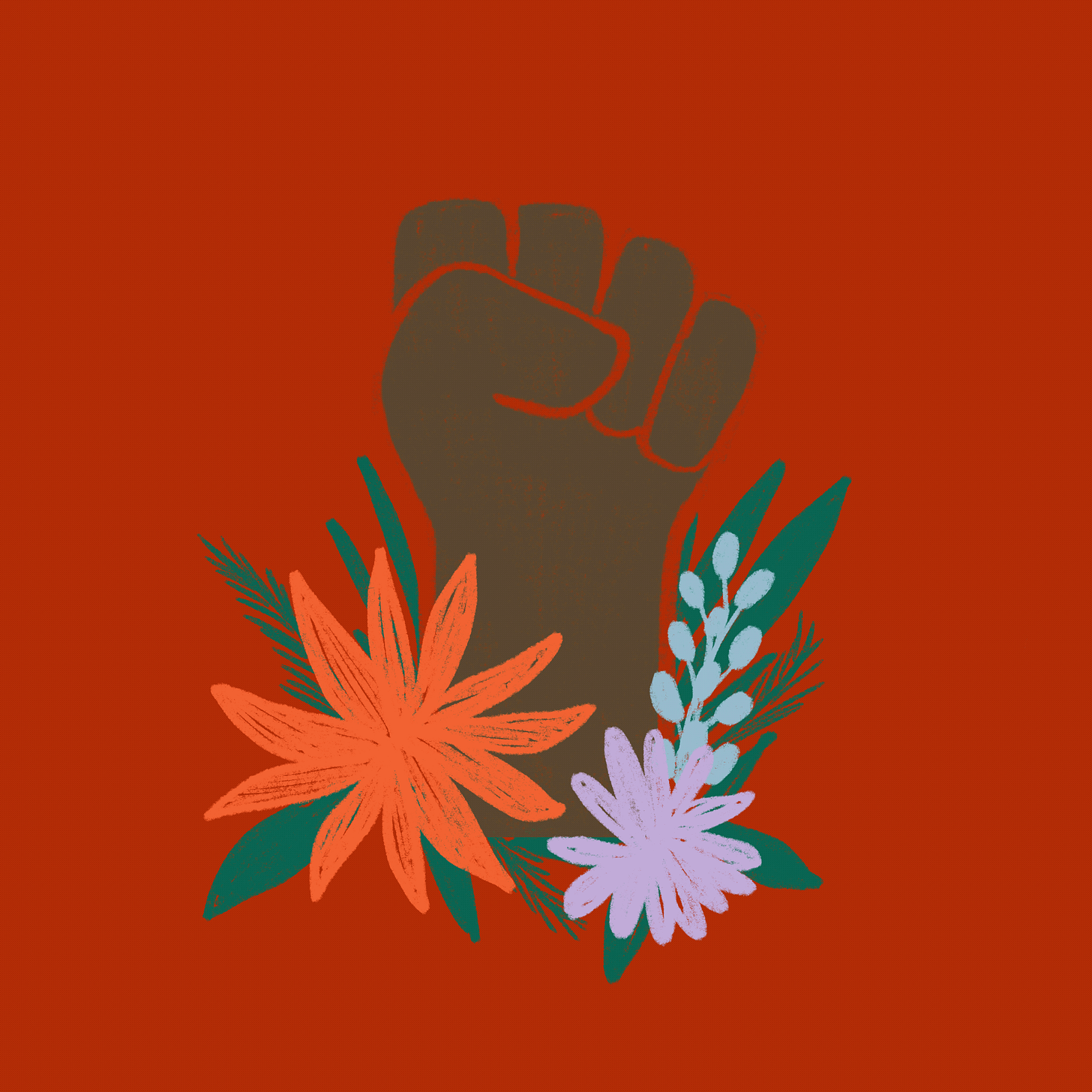It’s an important day. Finally a holiday! But I think we have to know what it is, and why it matters.
First, take a glimpse of the brutality of American slavery:
Imagine you’re enslaved on a plantation in the American South sometime between 1619 and 1865. You’re wearing chains, working in fields. You’re whipped whenever you’re perceived to be doing it wrong or not fast enough. You’re also whipped for speaking your native tongue, practicing your religion, and even for learning to read. Because he needs to “breed” more slaves, your Master rapes you or forces you to have intercourse with another slave. On the auction block, your children are ripped from your arms. Your spouse is dragged off to some other plantation and you are likely to never see them again. You wail. You weep. But your cries fall on deaf ears. You’re just property, no better than an animal, just another asset on the balance sheet that grows the economy of the American South.
Now understand its refusal to die:
Slavery was declared null and void by Abraham Lincoln’s Emancipation Proclamation in January of 1863. But the Confederacy didn’t honor it - they were still at war with the United States of America because they wanted to continue enslaving people. Two years later, Congress passed the 13th Amendment which abolished slavery. A few months after that, in April of 1865, the Civil War was over. But that didn’t mean the end of slavery.
No, because some slaveholders still kept people in chains anyway. Those fuckers.
It wasn’t until June 19th, 1865, that enslaved people in Texas were told of their freedom. Two and a half years after Emancipation. Two months after the Civil War ended. Those Texans are believed to be the last people freed from enslavement.
Hence, Juneteenth:
“Juneteenth” is the name given to that hallowed day – June 19, 1865. It’s been celebrated by many in the Black community since that time, but only came to the nation’s consciousness five years ago when George Floyd was brutally murdered under the knee of Officer Derek Chauvin in Minneapolis. Today, June 19th is officially observed as a holiday. Except for whatever Trump is trying to do with it. But this isn’t about him.
My personal story:
When I got my 23andMe DNA results, I had to get up from the table and walk away and dry my tears, because the evidence of rape is everywhere in my results. My ancestors are not nameless faceless people to me. Thanks to my brother Stephen’s work on our family geneaology (before the Internet!) I know the name of my slave ancestor, Sylvie, who was my great-great-great-great-grandmother. She was enslaved on a plantation in Charleston, South Carolina, on Church Street. A street that still exists today. Her Master, a man named Joshua Eden, raped her enough times for her to conceive at least three children who lived. In my DNA I carry the evidence of his brutality and that of unknown others. It makes me want to vomit. Yet these acts are what eventually gave me life. I can only be grateful that Sylvie endured.
This is a glimpse of the true story not just of my family, but of the vast majority of African-Americans. But it’s only a piece of our story.
A glimpse of our African-American story:
Despite being forced to endure over a dozen generations of dehumanization, African-Americans rebelled and persevered through faith in God, a continued connection to culture, and an enduring hope to achieve emancipation, liberation, and self-actualization. Black people are some of the most brutalized people on the planet backward and forward in time, and yet some of the most connected, proud, and joyful people you will come across, because we know who we are, and what has been done to us and why, and we’ve decided to love ourselves anyway.
In 1900, James Weldon Johnson wrote the poem “Lift Every Voice and Sing” and his brother John Rosamond Johnson composed music for it. This was 25 years after the failure of that hopeful but brief period known as “Reconstruction.” A few years after the Plessy v. Ferguson case which legalized segregation, with Jim Crow laws on the rise and the Ku Klux Klan ready run full throttle over African-Americans in the American South. Yet it belts out a solemn, commanding hope. Lift Every Voice and Sing was first performed on Abraham Lincoln’s birthday in February of 1900. Now known as the “Black National Anthem,” its moving lyrics capture the journey of African-Americans toward liberation and self-determination.
I won’t quote the entire song here, but my favorite stanza is the third, which goes:
God of our weary years, God of our silent tears, Thou who has brought us thus far on the way; Thou who has by Thy might Led us into the light, Keep us forever in the path, we pray. Lest our feet stray from the places, our God, where we met Thee, our hearts drunk with the wine of the world, we forget Thee; Shadowed beneath Thy hand, May we forever stand, True to our God, True to our native land.
Listen to the Howard Gospel Choir sing this beautiful song, here. Read the lyrics, and learn more about the song on the NAACP website, here.
The Bittersweetness of Juneteenth:
Frankly, I find Juneteenth to be bittersweet. The sweetness comes easy when I imagine what it was like for African-Americans to hear the news of the end of slavery. The bitterness comes from its inherent revel that some Whites continued their cruelty by keeping people enslaved even though it was now, finally illegal. Further bitterness comes from knowing that after generations of families were torn apart, folks were just turned out into the wild cruelty of the American South, without so much as a dollar in recompense let alone the “forty acres and a mule “ they were promised, as the basics needed with which to start a free life. Further bitterness comes because we know that many White Southerners still wouldn’t abide African-Americans as equals among them, and so they grew the KKK and Jim Crow laws, such that it would be 100 YEARS MORE until the Civil Rights Movement of the 1950s and 60s led to the end of Jim Crow segregation and our rights being not just stated in theory but enforced by law. And even still… we see White Supremacy on the rise, yet again.
But I’ll take it.
I’ll take the national recognition of Juneteenth as an opportunity to remind us where we’ve been, and what’s been worst about humans, but also as a way to honor the strength, perserverence, and enduring hope of African-Americans. Listen to the Black National Anthem. Read the gorgeous lyrics. In a time when efforts to whitewash history are more prevalent than ever, Juneteenth is a time capsule. If you dare to open it, you have to be willing to face and honor the truth of it.
How this relates to my June theme: “Transitions”
This entire month, my posts center on “Transitions.” The transition I’ll mark in this piece is my own journey to learn about Blackness and my place in it, and to learn to love myself despite having an identity that many in this country malign or despise.
Whereas I was once a bewildered Black kid raised in almost entirely white communities, with a high school American History textbook that devoted just one paragraph to slavery, I knew hardly anything except that to be White was better. I studied a fuller American History at Stanford, but sill went through years – decades – of self-loathing.
By the time I got to my late thirties, as a Dean at Stanford where my job was to help undergraduates figure themselves out and go be that person regardless of what others think, I couldn’t help but yearn to do the work myself, to understand my own identity. With a tremendous guide who taught me Mindfulness as a way to understand my triggers, fears, and beliefs, I emerged self-accepting, self-loving, embracing my place within Blackness, and within America, and feeling profoundly moved and impressed by the Black community - by the capacity to endure, and focus on joy and liberation no matter what.
Thank you for reading this. I appreciate you.
xo
Share this piece with a friend who wants to learn more by clicking this button:
Read my other June pieces on transitions are here:
I’m doing a Zoom call on June 22 at 2pm Pacific, where we will each share a transition we’ve been through or anticipate. You’ll share, be witnessed by everyone else, and discover the world didn’t end. You need to be a paid subscriber to participate ($5/month which is just the cost of a great cup of mud). So take care of that by hitting the button below, and I’ll send you the link to register for the call. (If you’re already a paid subscriber and want to register for the call, reply to this email and I’ll send you the link.)







Thank you for making Juneteenth more real. I appreciate the many links to listen and read.
Such a powerful and raw telling of your family history - the more these stories are shared the more people will realize the need to stop the injustices and inadequacies of our country. I fear the cost of this generational trauma on young black people will be continue to be high as it has been since the first ship arrived with its cargo of people seen as nonhuman. Thank you for describing the reality of Juneteenth so personally and vividly and opening my eyes to the wider picture.